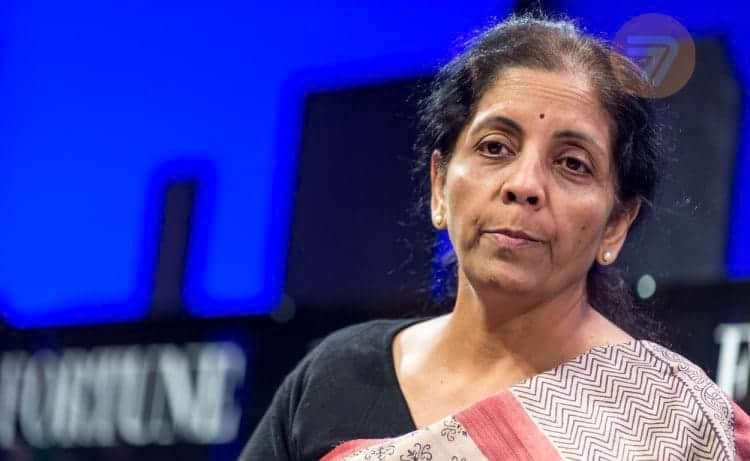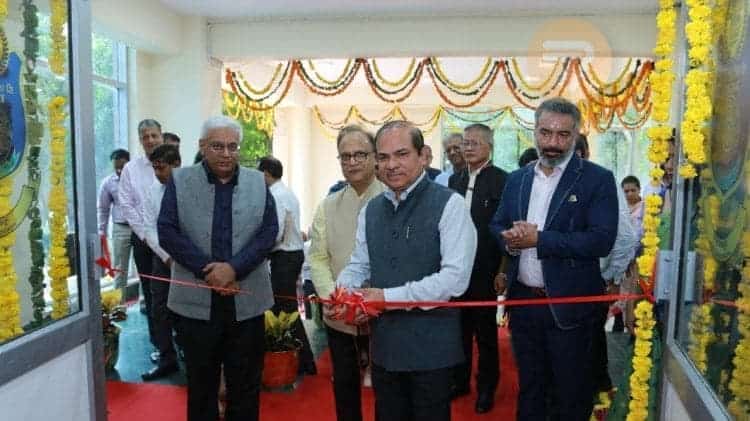Signs of Stability Emerging from a Precariously Shifting Landscape
30 Jan 2024
Ever since the Union Minister of Finance Nirmala Sitharaman promised in May 2023 to deliver clarity and predictability, and hence stability and prosperity, to India’s homegrown online money gaming sector, the industry has plunged into turbulence, troubles, and even existential threats. Read more about the signs of stability shown by the Indian online gaming industry.
“Once the policy certainty arrives, taxation becomes more … clear, it will attract investors,” the FM said. Still, the transition period between what was before and what lies in the promised future has been proving rather perilous so far.
Yet, esteemed market analysts project continuous, albeit adjusted, growth for the industry in the next few years, and the first benefits from stability might be on the horizon.
Not Everyone Will Make It: Cash Will Run Out
Gaming industry bodies have been shouting warnings for years that increasing the GST burden multifold would not only break the sector’s business model and halt its growth but also force many businesses to close down or move their operations underground.
Thus, when the GST Council finally decided to equalize the GST levy on online games, casinos, horse racing, and lottery to 28% over the full ticket value at its 50th Meeting held on the 11th of July 2023, it could easily be expected that not all existing and planned gaming businesses would survive such a hike, especially when coupled with the fundamental regulatory transition undertaken by the IT Ministry.
Now, around four months after the corresponding amendments to the GST Acts came into force on the 1st of October last year, it is getting clearer what the actual mechanism that might soon kill off a large portion of India’s gaming startup population is likely to be: their cash will run out.
The First Victims are Already Known

While some of the smaller operators like MPL-backed Striker, Hike, and Spartan Poker already shut down following the hikes in GST and direct tax levy for online games and virtual digital assets (VDA) amidst mass layoffs across the whole industry, the biggest actors on the stage – gaming unicorns Dream11, Mobile Premier League (MPL), and Games24x7, started absorbing the GST impact by offering discounts to players instead of passing the new tax burden to them immediately after the updated GST regime became active.
Other gaming giants, like listed games of chance and poker operator Delta Corp, opted to sit and wait to see how things would go. Following two months of depleted revenues, the company copied the move of the skill gaming unicorns and started discounting the tax to customers.
“As expected, before even playing the first bet, you are down 28%. This was something which a lot of customers didn’t see much value in,” the Group’s CFO, Anil Malani, said in a recent interview.
Following the correction in their business model in December, Delta collected more revenues than in October and November, but at decreased margins.
“We believe all the online companies now are actually following the same format, which is in some form or fashion they are compensating the players who are putting a deposit in their wallets in full,” Malani explained in another interview. “This, we believe, is not a sustainable model because the difference hits your bottom line straight away.”
The Delta Group, in particular, has strong cash reserves and expects a significant increase in casino capacity in the next couple of months. The company management hopes this will raise revenues enough to compensate for the GST burden and restore margins to a healthy level sooner rather than later, the company’s CFO revealed.
Platforms Covering Customer’s GST Cannot Go On Forever
“The GST hike hasn’t helped the industry but because we have been growing, our growth has sustained the business,” said Saurabh Chopra, co-founder of Baazi Games, another of the big gaming companies that feel strong enough to sustain the blow and survive until better times come around.
“We have not passed on the tax liability yet and the impact on the consumer is minimal. But the business needs to make sense and we do plan to pass on the tax burden to the customers and optimize it gradually and do it in a fashion that the consumer engagement is not impacted,” Chopra explained.
“We have not seen any major contraction and depletion in active gamer base…our loyal big-ticket customers are still playing online,” Delta Corp CFO commented on things from their end.
Dream11
At the same time, online fantasy sports platform Dream11 announced it had onboarded 5.5 crore new customers in 2023. This was a turbulent year, bringing their total user base to 21 crore. More than two-thirds of these users hail from tier 3 cities or smaller towns and villages.
If we don’t worry about the survival of the larger players in Indian online gaming, the future of the 400 smaller real money gaming (RMG) startups remains uncertain.
These startups are pressed on one front by the hiked GST burden. On the other front, big businesses are prepared to run on cash reserves and offer discounts. This situation will soon turn into a war of attrition. Many “consolidations” will occur in the online gaming startup space, as Delta’s CFO puts it euphemistically.
Latest report by EY
The changes in the GST regime will result in India’s online gaming industry lowering its CAGR (Compound Annual Growth Rate). The decrease will be from 28% registered in FY20-FY23 to 15% for the period FY24-FY28. While the RMG vertical will lower its relative share from 84% to 75%. This, according to the latest report by EY.
The report further projects that the RMG sector will still reach a size of ₹33,243 crore by FY28. Having contributed direct taxes of ₹6,500-₹6,800 crore and GST of ₹75,000-₹76,000 by that time.
Thus, EY agrees with Union FM Nirmala Sitharaman. Juicy prizes await those businesses that swim to the other shore during the “consolidation” period. And the Government will receive the lion’s share of these prizes.
Government Might Back Up from Heavy Valuation Rule for Past Period

The Central Ministry of Finance is considering circulating a clarification to exempt wagers from GST levy. The exemption is for winnings on online games for the period before the 1st of October 2023. This, according to high-level sources recently quoted by the media.
The so-called Entry-Level Rule was adopted hastily at the 51st Meeting of the GST Council. This meeting was held urgently on August 2nd. That was after the Ministry realized that a 28% tax on each subsequent bet was “very high.” The rule was supposed to apply “prospectively” to gaming transactions after October 1st only. This was stated by FM Sitharaman in Parliament in December.
At the same time, Ministry officials have confirmed that the Government has no intention to back up from its stance. The stance currently being that gaming should be levied at the highest GST rate slab reserved for “sin” products.
“Industry is already aware of our stand. They want to pay at 18% on the gross gaming revenue (GGR) or the platform fee. The law already existed that they need to pay 28% GST on each bet placed. Being a game of chance,” another top-level source stated to the media.
Nevertheless, the government hints at seeking ways to relieve the gaming industry of post-period tax demands. These demands amount to ₹1,12,332 crore before the Apex Court considers the matter in detail. This could be interpreted as a good sign.
Google will Continue Working with India’s RMG Sector
Another good sign is Google’s announcement on the 11th of January this year. The announcement read that the global tech giant will continue distributing RMG apps for India. RMG apps will be featured in its Play Store for Android users beyond the end of the current pilot program.
The pilot allowing rummy and daily fantasy sports (DFS) apps was launched in September 2022. And was finally extended until the end of June this year. With the new development. The pilot will be replaced by a new system that allows for more game types with stakes.
“Google Play will begin supporting more RMG apps this year. Including game types and operators not covered by an existing licensing framework,” a statement by Google said.
Considering this, and the fact that the Indian Government has not yet endorsed the proposed Self-Regulatory Organizations (SROs). And hence no games have been certified as “permissible online money games.” We might even see apps offering Andar Bahar, roulette. Or other undoubtedly chance-based games being on offer.
“This decision will help with responsible innovation and provide a bouquet of choices to the Indian consumer. It will especially help MSMEs and new developers/platforms which will be able to compete with established companies. And will substantially bring down the user acquisition and other associated costs.” Roland Landers, CEO of the All India Gaming Federation (AIGF) commented on the news.
Google’s support for the sector is tied to the growing stability. This stability on the legal and tax front made such support possible.



